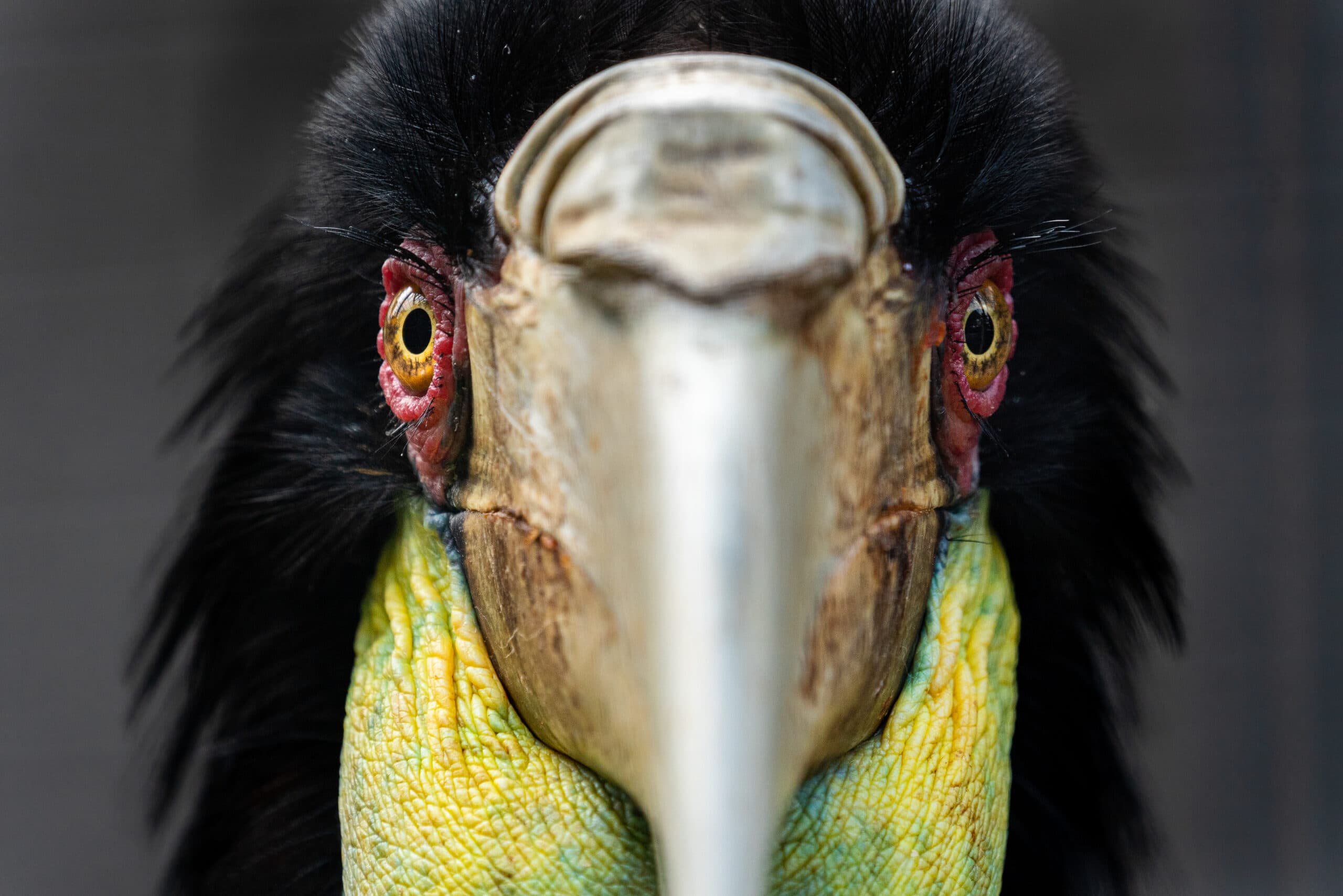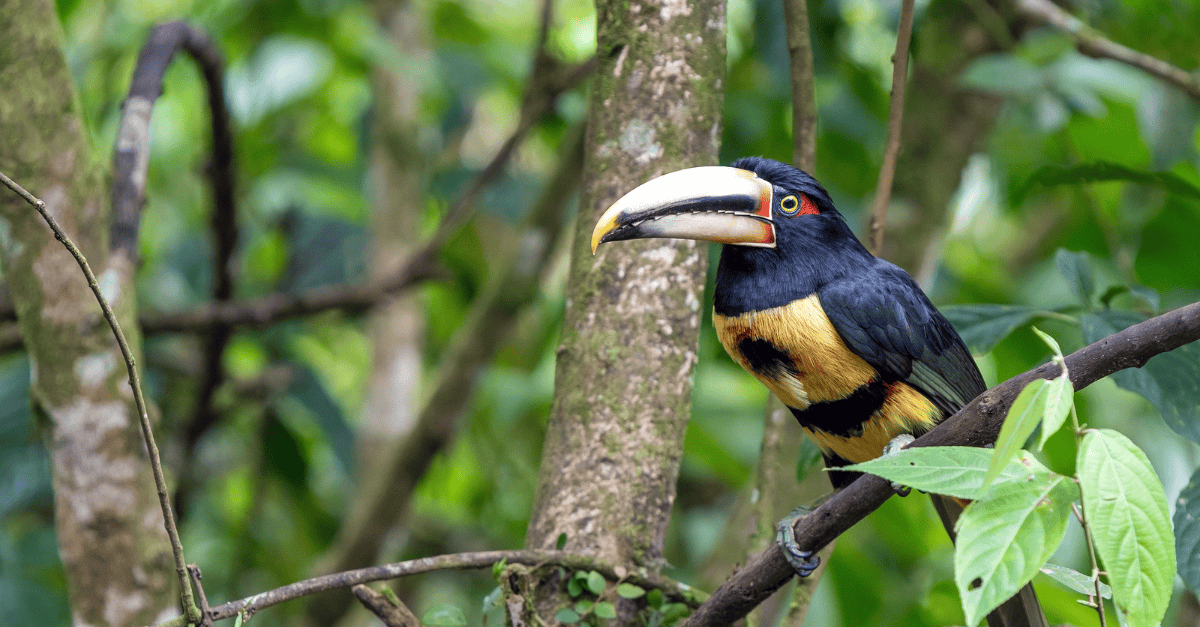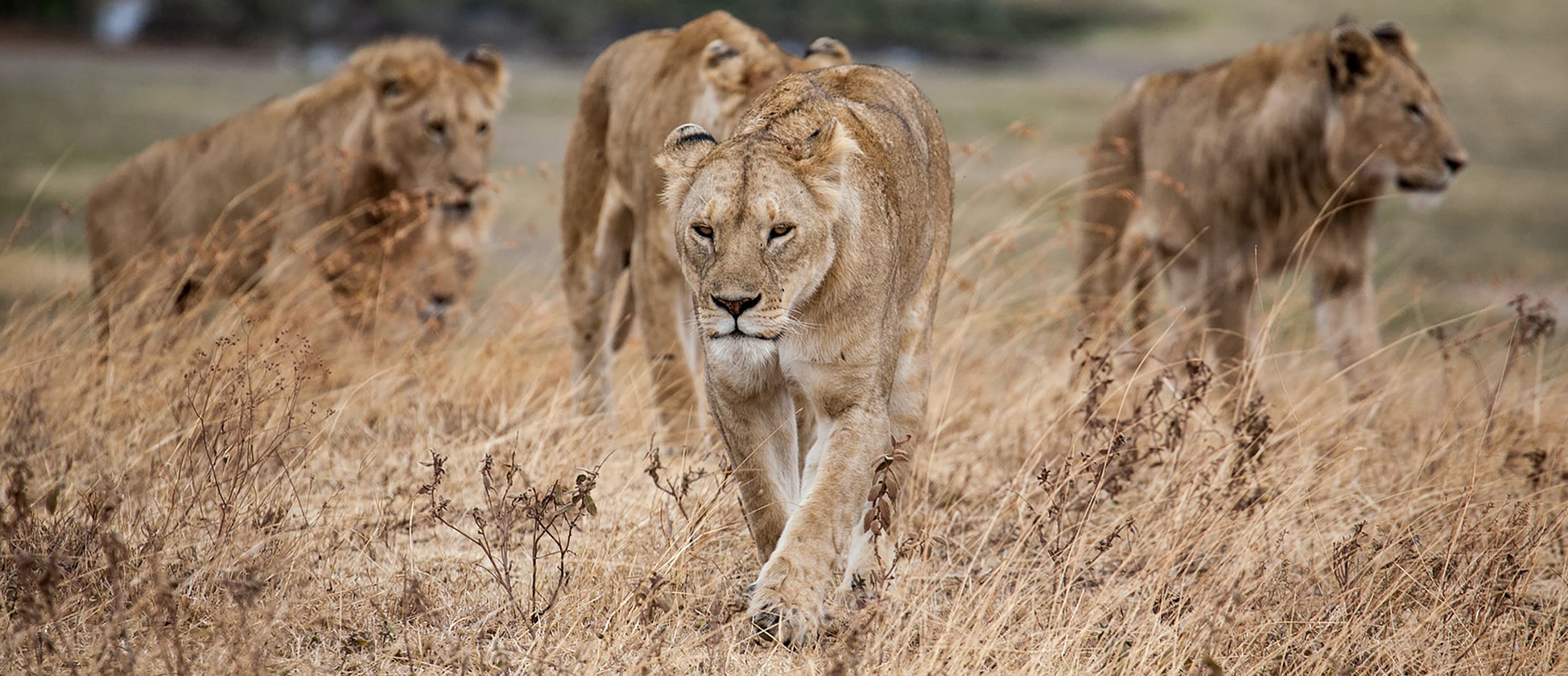The UN climate negotiations have just wrapped up in Egypt at the 27th session of the Conference of the Parties of the UNFCCC (COP-27), the 19th COP to the Convention on International Trade in Endangered Species of Wild Fauna and Flora (CITES) is ongoing, and we are already on the way to the next major international meeting, the UN Biodiversity conference. Happening in Montreal, Canada, we are hopeful that this global meeting will deliver an 8-year framework to tackle another major crisis: the loss of biodiversity underpinning all life on Earth.
Specifically, this Global Biodiversity Framework (GBF) is meant to become the reference plan for governments worldwide to halt and reverse biodiversity loss by 2030, with the ultimate vision of living in harmony with nature by 2050. It is also meant to effectively contribute towards achieving the sustainable development agenda.
The framework the world needs
Starting December 3, an Open-Ended Working Group tasked by the Convention on Biological Diversity (CBD) to advance the draft GBF will meet for the fifth and last time. This technical meeting represents the final opportunity for countries to consolidate the goals and targets before it is put forward for adoption by the Conference of the Parties to the CBD at their 15th session (COP-15), starting December 7.
The GBF will have direct implications on regional and national policies that govern the treatment of nature and animals. These can either exacerbate the great suffering of billions of sentient creatures around the world or positively transform their long-term health and well-being, often linked to our own. Some key positive actions that an ambitious GBF could instigate include (1) effectively protecting wild animals in their natural habitats before they go extinct, (2) instilling a culture of coexistence between humans and wildlife, (3) humanely managing invasive alien species, and (4) preventing and combating wildlife trafficking, among others. The outcome of these negotiations matter.
Together with Born Free, WFA and its members have been engaging with government representatives attending the negotiations on the basis of this Position Paper. In it, we argue that to deliver on its mandate and benefit all life on Earth, the GBF must:
- Halt and prevent human-induced species extinctions, restore threatened species, and sustainably conserve all species;
- Eliminate animal exploitation and embed animal health and wellbeing to address biodiversity loss and reduce zoonotic disease risk; and,
- Shift the sustainable use narrative towards ecocentrism and better integrate the multiple values of biodiversity, which include the value of and for the sentient animals themselves.
A GBF that adequately integrates animal considerations is the only way for it to be truly ambitious, effective, and transformative.
We will continue our advocacy with government delegations ahead and during the negotiations while providing coverage of the developments from COP15.
Background
- The COP15 Position Paper was published in November 2022 to support negotiations of the Post-2020 Global Biodiversity Framework. The Born Free Foundation and the World Federation for Animals, representing 42 member organisations, prepared this Paper in close collaboration with Animal Protection Denmark, Code Animal, Compassion in World Farming, Four Paws, Eurogroup for Animals, Green REV Institute, Ippothesis, Pan African Sanctuary Alliance, Royal Society for the Prevention of Cruelty to Animals, and World Animal Protection.





